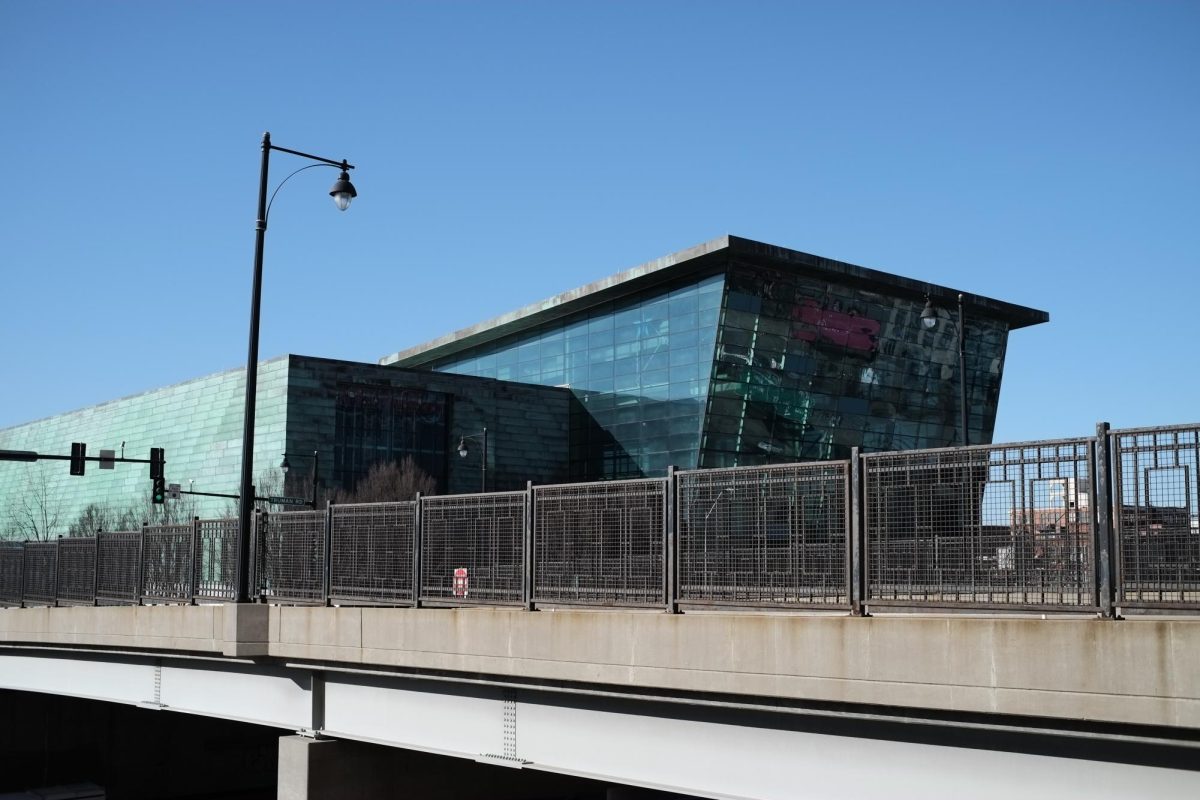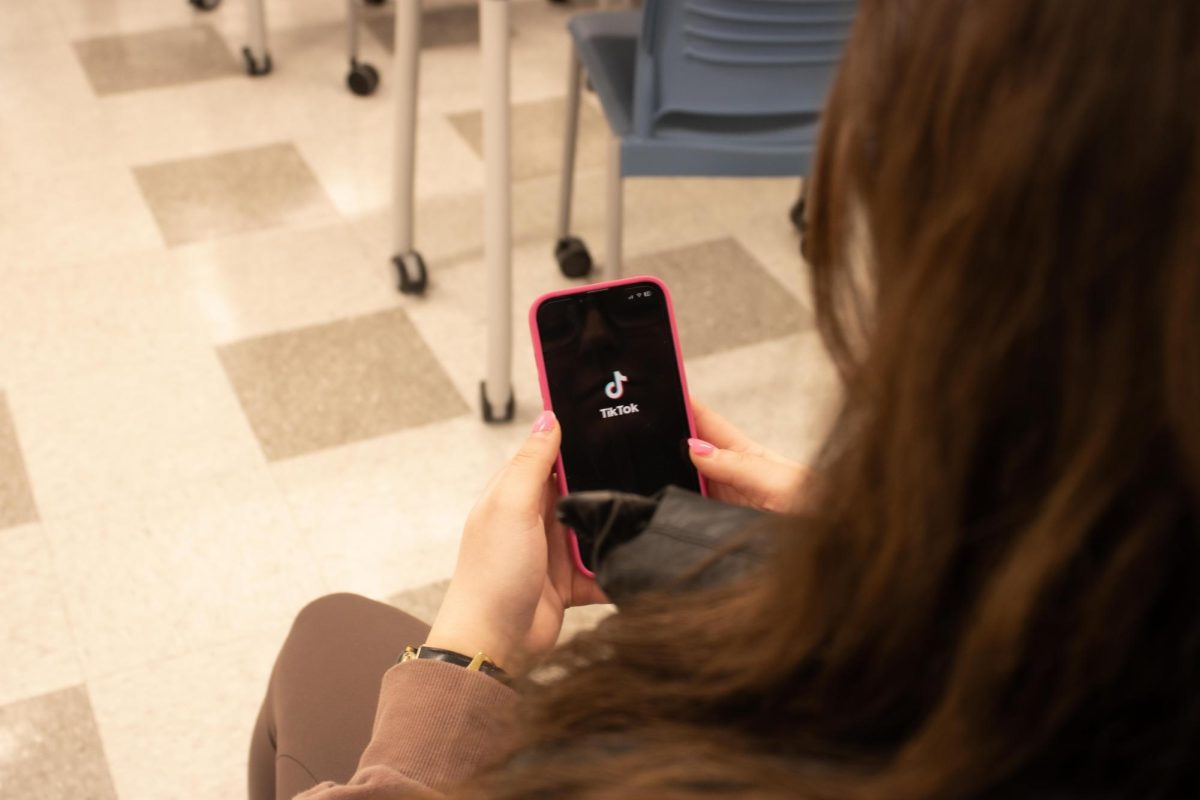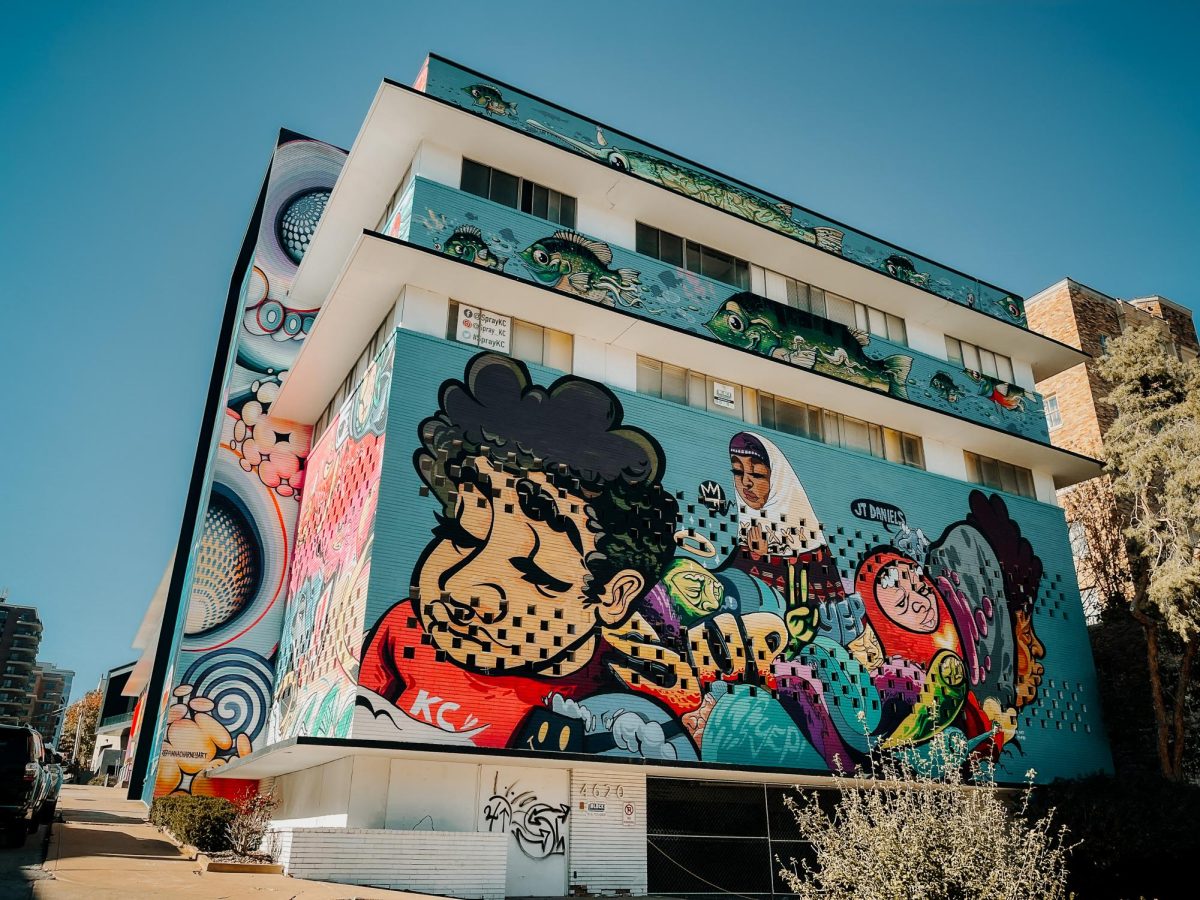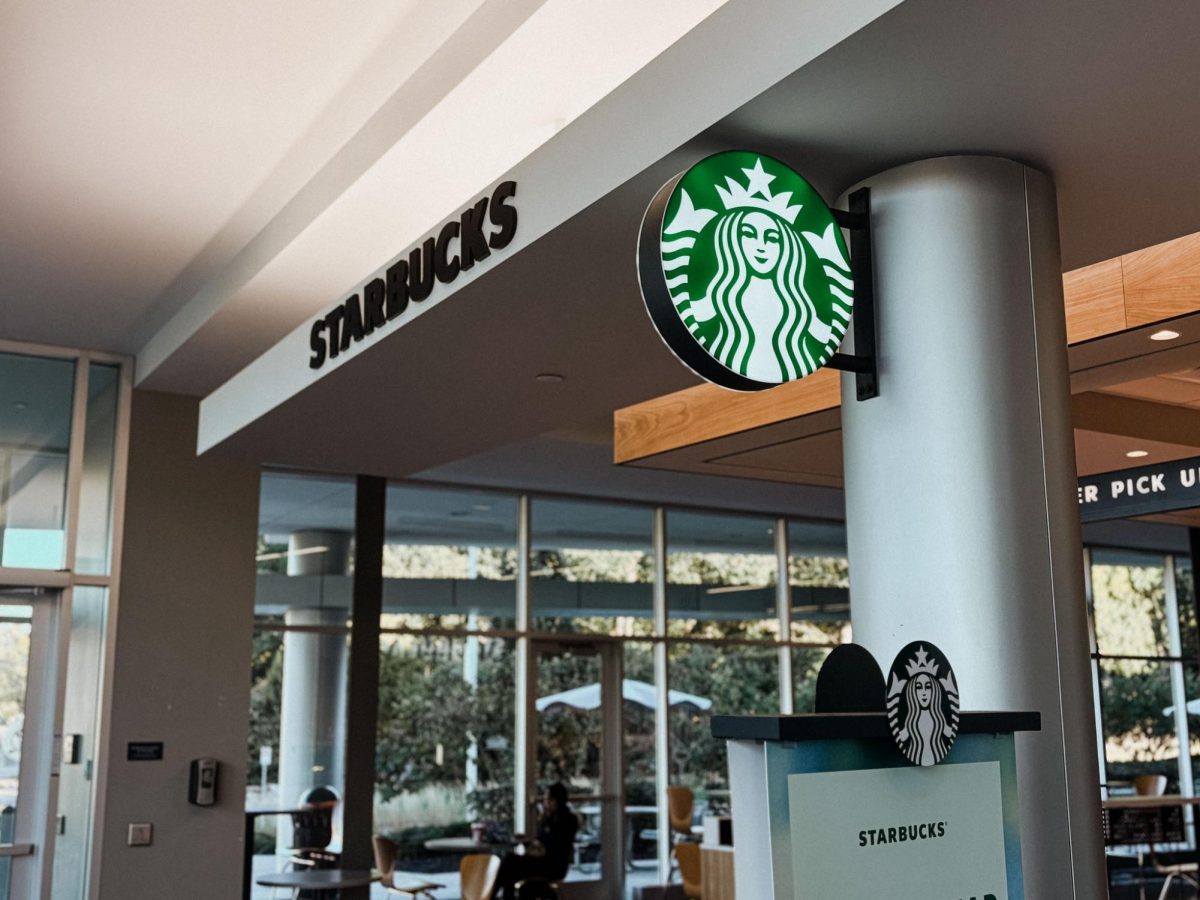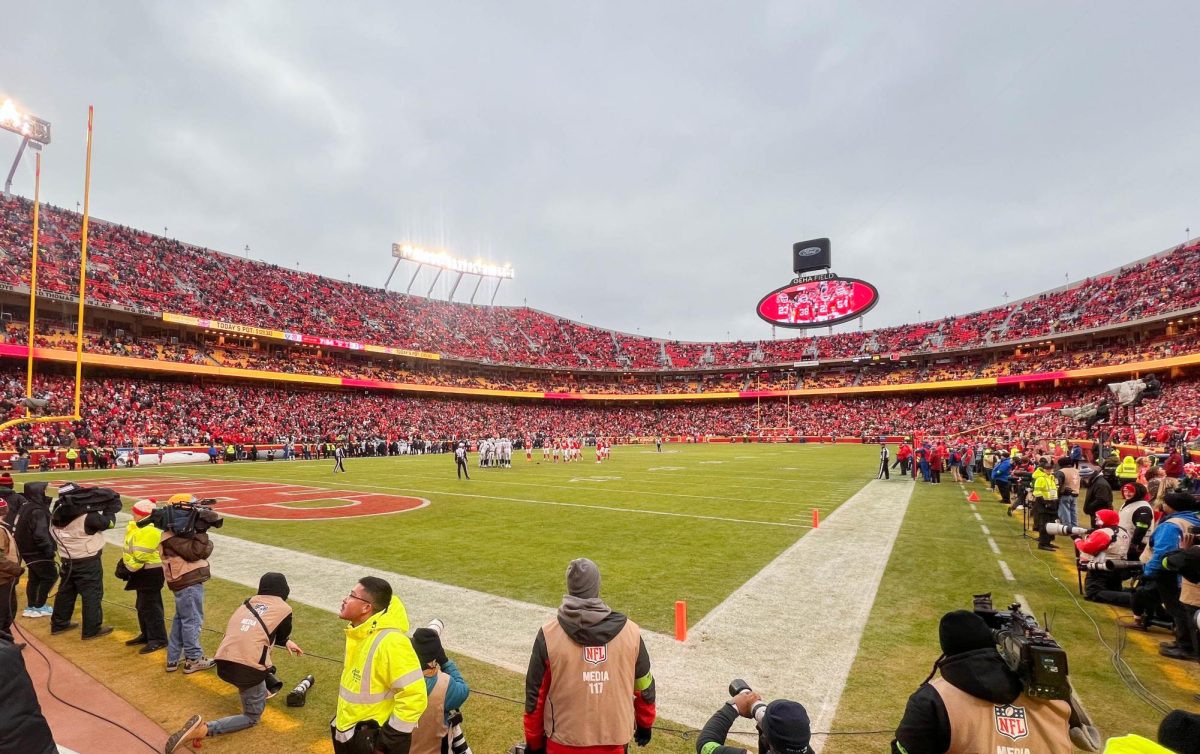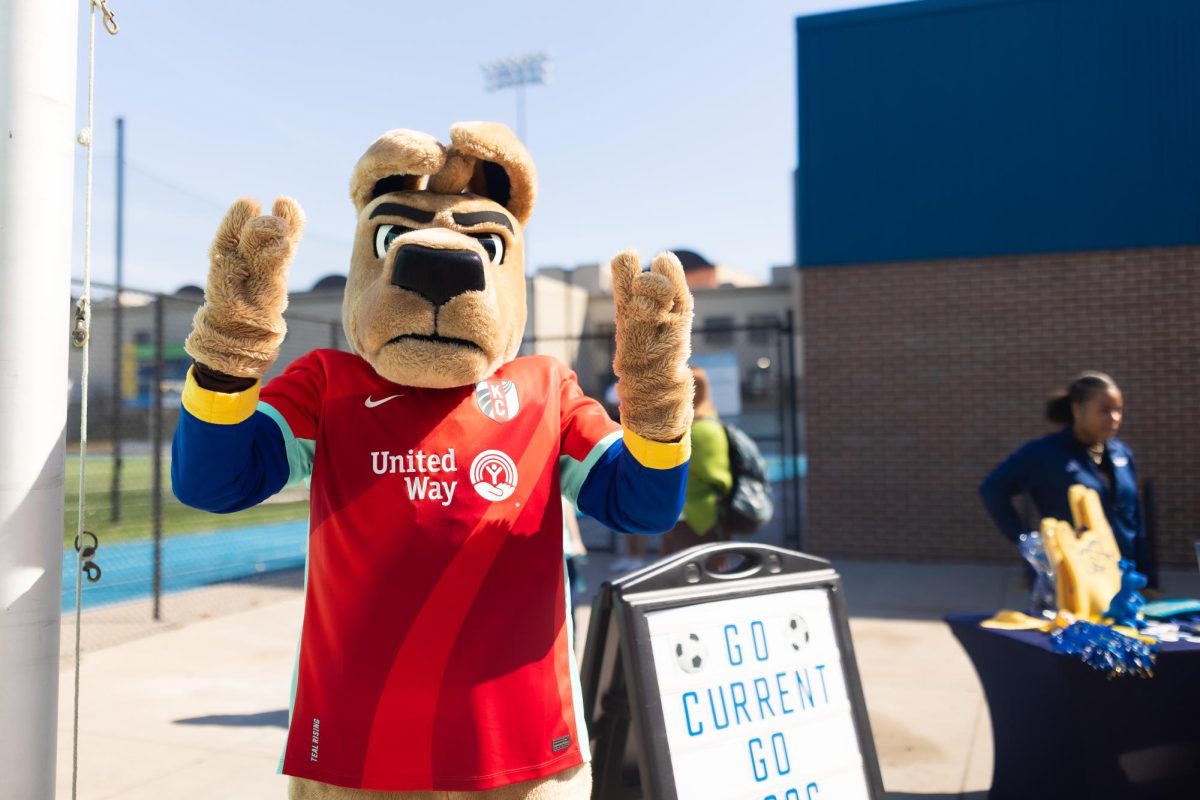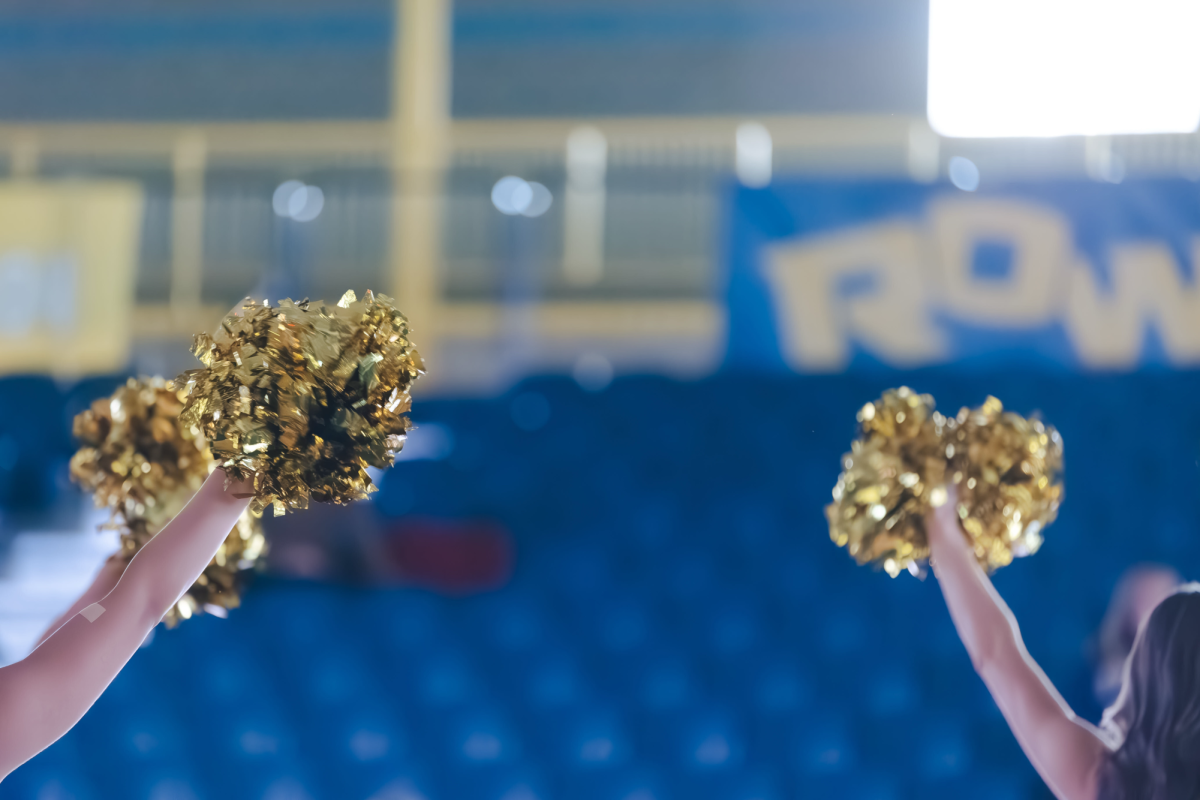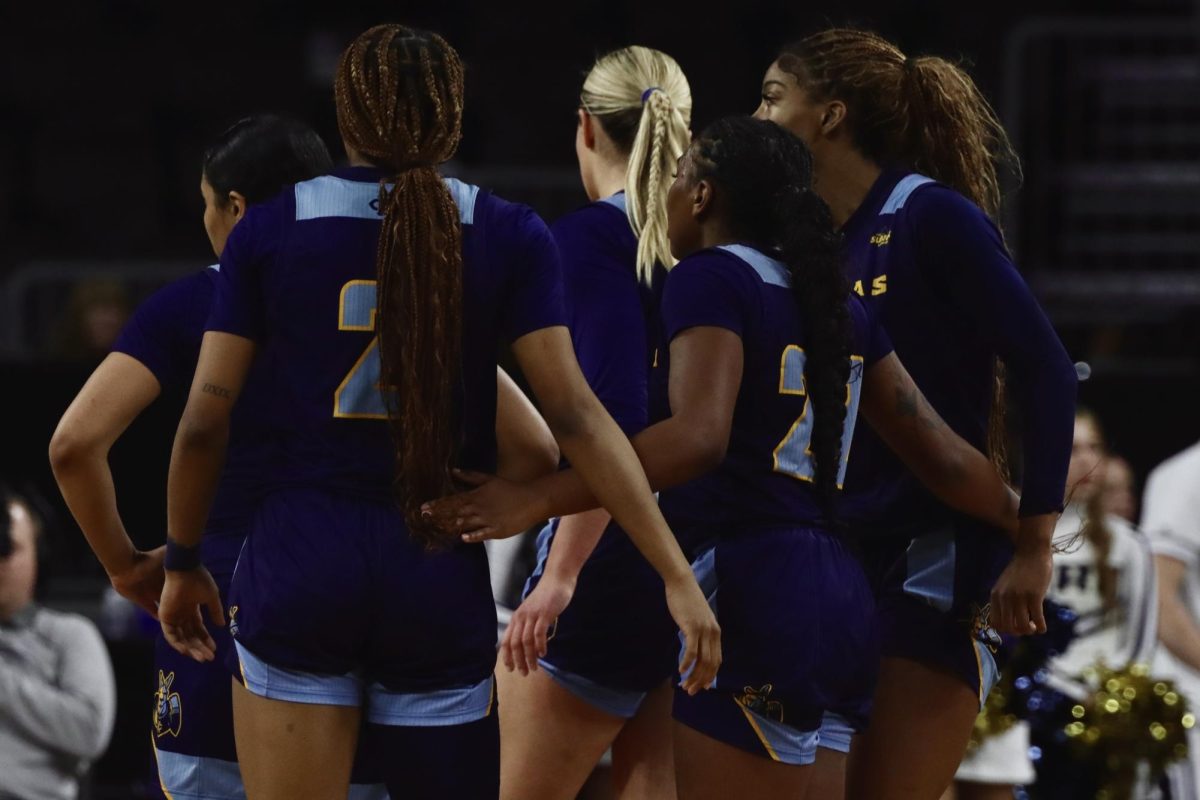As the November elections approach, Missouri voters find themselves at a crossroads that could reshape the state’s sports landscape.
With the excitement of game day in the air, the ballot will pose a pivotal question: Should sports betting be legalized?
This decision could not only elevate the thrill of every touchdown and buzzer-beater, but also bring significant economic benefits to the Show-Me State.
The primary consensus seems to be that the state would benefit from legalizing the practice, with an estimated $29 million a year coming in.
According to NPR, the profit would be split with $5 million going to preventing gambling addiction, with the remaining $24 million going to public schools and higher education.
Some voters are hesitant to vote yes due to being skeptical about where the money would actually be going. Believing that “higher education” is too vague of a statement released by the Missouri government.
Missourians Against Deceptive Gambling, a coalition opposing Amendment 2, believe that the money will either be going towards private schools who don’t necessarily need the money, or just not going towards education in the first place.
“We just found it very suspect that they did not include non-supplant language,” said spokesperson Brooke Foster.
Non-supplant language ensures any money collected for any specific cause would be additional to the budget rather than replacing funding the state would cover. Particularly with regards to funding education.
“In the case for Missouri’s education, gambling revenue from riverboat gaming and Missouri’s lotto are worked into the foundation formula, which calculates the funding a school needs depending mostly on their student attendance numbers.” said Foster.
As the election approaches, this skepticism remains a large concern, casting a shadow over what could otherwise be a significant financial boost for educational institutions in Missouri.
Another concern of voters seems to be the enabling of gambling addiction being localized and mainstreamed in Missouri.
However, regulations would be put in place to “ban advertising to minors and have background checks for people/companies applying for a sports betting license.”
Failure to follow state regulations could bring a $50,000 fine. Repeat violators could be fined $100,000. A company’s license also could be placed on probation or revoked.
“All we do is either enforce or create rules and regulations to provide oversight when the legislature passes a law,” said chair of the Missouri Gaming Commission Jan Zimmerman.
It’s easy to draw a comparison to the 1920 Prohibition era in the US, with the ban of importation and consumption of alcohol being a parallel to the banning of sports betting. Both being considered activities that are harmless in responsible hands, but have the potential to be dangerous.
It’s crucial to remember that legalizing sports betting can create jobs, support local economies, and generate revenue for schools that desperately need it.
The opposition’s fear that funding might benefit private schools is unfounded, as public accountability will be essential in ensuring that the funds are directed where they are needed most.
The concerns about gambling addiction are valid, yet the proposed regulations show a commitment to safeguarding the community.
With strict rules against advertising to minors and thorough background checks for license applicants, the framework is designed to lessen the risks associated with gambling.
So remember to vote yes on Amendment 2 on November 5.
@lhcxb3umsystem.edu



